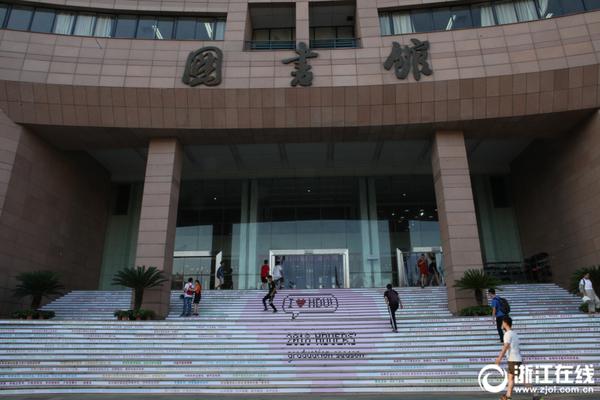羅戈津發文稱體內彈片已取出,要求法國大使將其轉交馬克龍
- 2023-02-02 02:03:35
- 開云體育手機app下載

The manufacturing plant of LG Energy Solution in Ochang, North Chungcheong Province. Korea Times file
By Lee Kyung-min
Local battery makers with facility investment plans in the U.S. are expected to thrive, powered by the sweeping passage of the Inflation Reduction Act by the House of Representatives that will help increase the market share over their Chinese counterparts, coupled with price advantages from greater state grants, according to market watchers, Monday.
By contrast, the growth perspective following the major victory of the Biden administration will not be as bright for local automobile manufacturers whose electric vehicle (EVs) manufacturing plants are based in Korea. They will be denied large state grants unless they build manufacturing facilities in the U.S.
The Act will advance the Build Back Better initiative seeking to revitalize the U.S. economy, scarred from years of the COVID-19 pandemic. The plan includes spending a record $369 billion (481 trillion won) for climate and clean energy drives, through which the superpower's carbon emissions will be cut by 40 percent by 2030.
Advantage over China
Under the bill, tax credits of up to $7,500 will be granted to EV buyers. Excluded are EVs that use batteries and key minerals produced in countries including China, a major disadvantage for CATL, a Chinese battery maker and the global top player with a market share of 32.6 percent as of last year.
Certain to benefit from the policy will be LG Energy Solutions, Samsung SDI and SK On, Korea's three battery manufacturing affiliates of LG Group, Samsung Group and SK Group, respectively. They all have plans to establish corporate entities in the U.S. to build manufacturing facilities.
Further strengthening their business prospects is USMCA, a trade agreement between the U.S., Mexico, and Canada, whereby tariffs will be imposed if over 25 percent of key parts are procured from outside North America.
The trade agreement will help Korean firms meet robust demand for EV batteries in the U.S. market, sustained by supply value chains set up and operated in the world's largest economy.
The combined medium to long-term production capacity of the three battery makers in the U.S. is believed to be about 380 gigawatt hours (GWh), enough to make about 4.2 million EVs.
The only sticking point is the firms being denied the tax credit if key raw materials used for the batteries were produced in China.
Data from the Korea Institute for Industrial Economics and Trade showed that over 90 percent of finished rechargeable battery products were imported from China last year. The figure was over 70 percent for semi-finished goods.
Key input materials including anode and cathode parts relied over 85 percent and 72 percent of Chinese imports, respectively.


